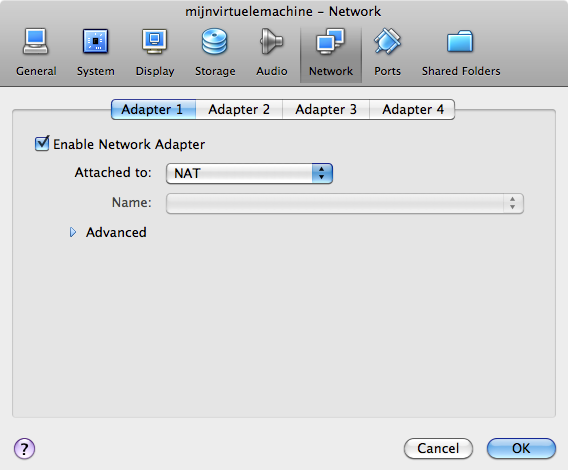
The integration is incredibly comfortable too! If you struggle along the way, there is an option to buy a paid customer support package, that will get you some IT wizards on your side. You can easily switch between different kernels, make changes securely and quickly. This one is amazing for server admins and similar jobs. If you’re new to Linux, this is probably the one you’ve heard about the most, since it’s the most popular desktop Linux distribution. You might need a bit more technical knowledge, but if it’s internet based, then CentOS might be your best bet. Since it’s based on RHEL, you’ll effectively be learning to work on two distributions at the same time. If you’re looking to get to work and learn development, then you’re in the right place with CentOS. It’s probably the most widely used corporate IT distribution.
#Lightweight linux distro for vm free#
It’s the free alternative to RHEL or Red Hat Enterprise Linux. These are, arguably the most stable ones, they’re free, open-source and maintain all the main benefits of Linux mentioned above, but add a little bit of their own spice to the mix. The ones to be looked at the closest are Debian, CentOS, and Ubuntu. 3 best Linux distros for hosting virtual machines So, let’s cover some distributions and see what might take your project on the right track. That means more power left over for whatever application, website or project you might be hosting. Linux is the OS that without a doubt is the lightest on resource use. What about the power users, that expect to get the absolute maximum from their solutions? They are definitely covered. So all these benefits are great for people who are running various smaller to medium sized projects. While Microsoft would require licensing fees for an easier to use, but less powerful product, Linux provides you with a free platform. That’s one of the significant “selling” points for Linux use.

Do you know what is also a great way to cut costs? It’s using a free, open-source platform. So, a great way of cutting costs is using a VPS service, right? Yes, it is! You don’t have to worry about the back-end, you can scale, and you’re guaranteed high uptime rates.

That inflates the price for your project exponentially. Building your own dedicated server is really expensive and it requires a lot of back-ends and front-end knowledge.

Moving on, we need to address the elephant in the room – price. Both operating systems are on par with each other.
#Lightweight linux distro for vm windows#
The other argument for Windows server hosting was the idea that this platform is a lot more safe and secure, but with the recent leaps across most Linux OS distributions, that’s just not true. Meanwhile, safe options, such as Windows server OS solutions can and will work great, but provide a closed off environment that has a lot more limits. If you can think it, someone has probably tried to do it, and with a little bit of technical wizardry and know-how, Linux will give you the power to do basically anything. Having an open-source platform as your go-to solution can be an incredibly great thing for your infrastructure. There are a few things that Linux does better than its competitors.


 0 kommentar(er)
0 kommentar(er)
